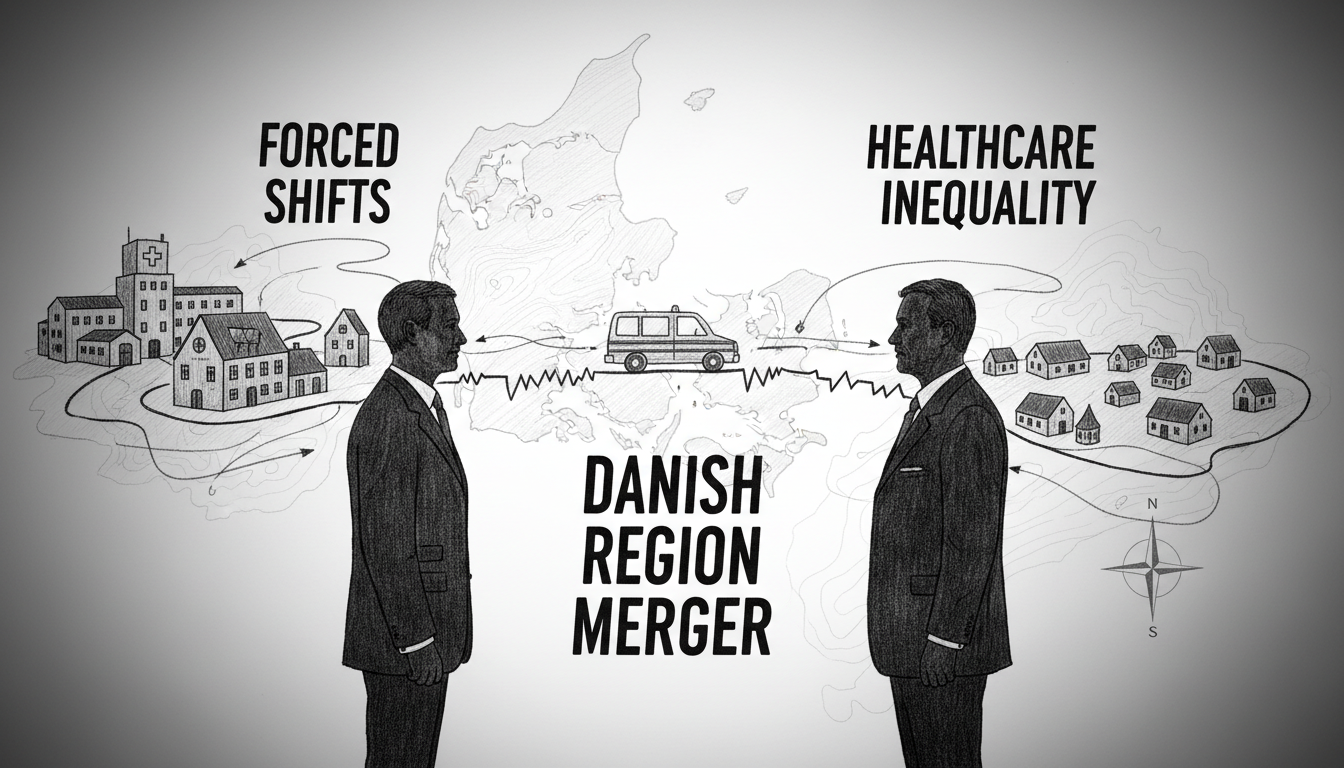A controversial policy requiring doctors to work mandatory shifts at understaffed hospitals has become a key election issue in Denmark's upcoming regional merger. Nearly 100 physicians from hospitals in Roskilde and Køge must now work one monthly shift at Nykøbing Falster Hospital, located over 100 kilometers away.
The forced transfers aim to address severe doctor shortages in Nykøbing Falster, where recruiting medical staff has proven difficult. Zealand University Hospital management implemented the measure after voluntary solutions failed.
Camilla Hove Lund, the Liberal Party's lead candidate, helped introduce the policy but now questions its future use. "I never think coercion is the way forward," she stated. "In the new Eastern Denmark Region, I will try other solutions."
Conservative candidate Christoffer Buster Reinhardt called the policy "poor employer practice." He argued for flexible hours and higher pay instead of mandatory transfers. "We won't get a sustainable healthcare system by forcing employees to do things they don't want," he said.
Patient advocacy groups see few alternatives. "Management has a duty to ensure staff where needed," said Morten Freil of Danish Patients. "We see massive health inequality. Where need is greatest, doctors are missing. We cannot accept this."
The political divide reflects broader tensions in Danish healthcare. While all parties acknowledge staffing disparities, their solutions differ dramatically.
Danish People's Party candidate Pia Kjærsgaard supports continuing the transfers. "Patients must have doctors nearby," she said. "In our small country, you should manage one shift monthly an hour's drive away."
Social Democrats and Socialist People's Party take more moderate positions. They hope to make transfers attractive rather than mandatory. "We can succeed in making it appealing for doctors to work shifts elsewhere," said Social Democratic candidate Lars Gaardhøj.
The debate highlights the practical challenges of merging Denmark's Capital and Zealand regions. Creating equal healthcare access across urban and rural areas remains the central goal, but methods for achieving it spark strong disagreement.
Regional elections will determine which approach prevails when the new Eastern Denmark Region becomes operational.

